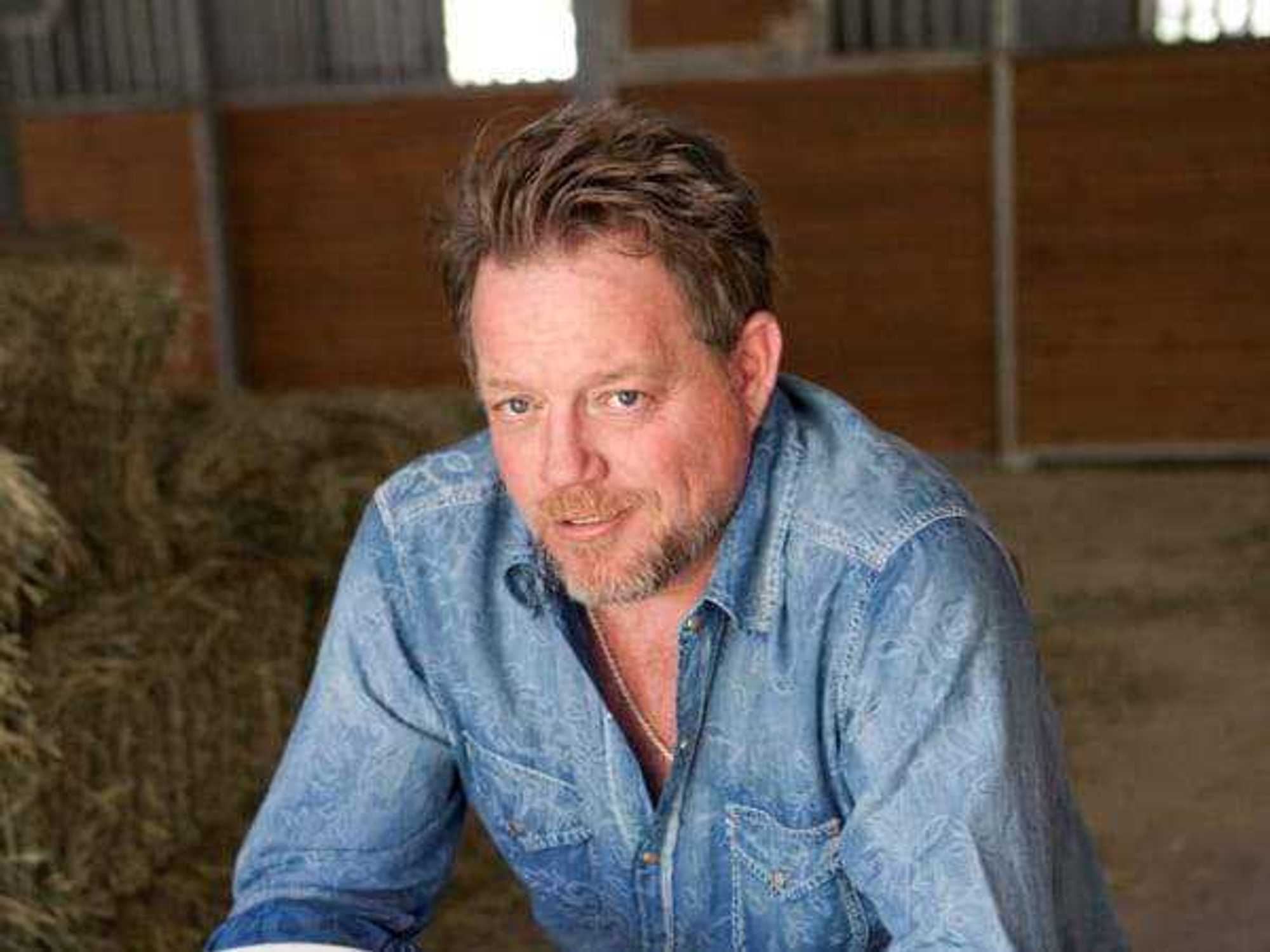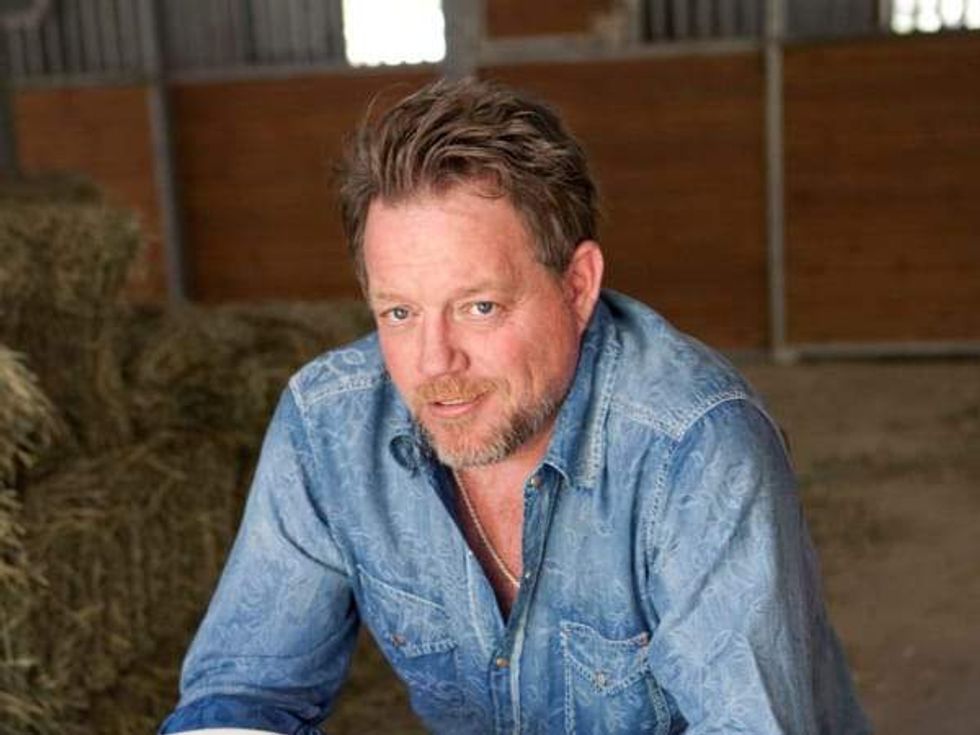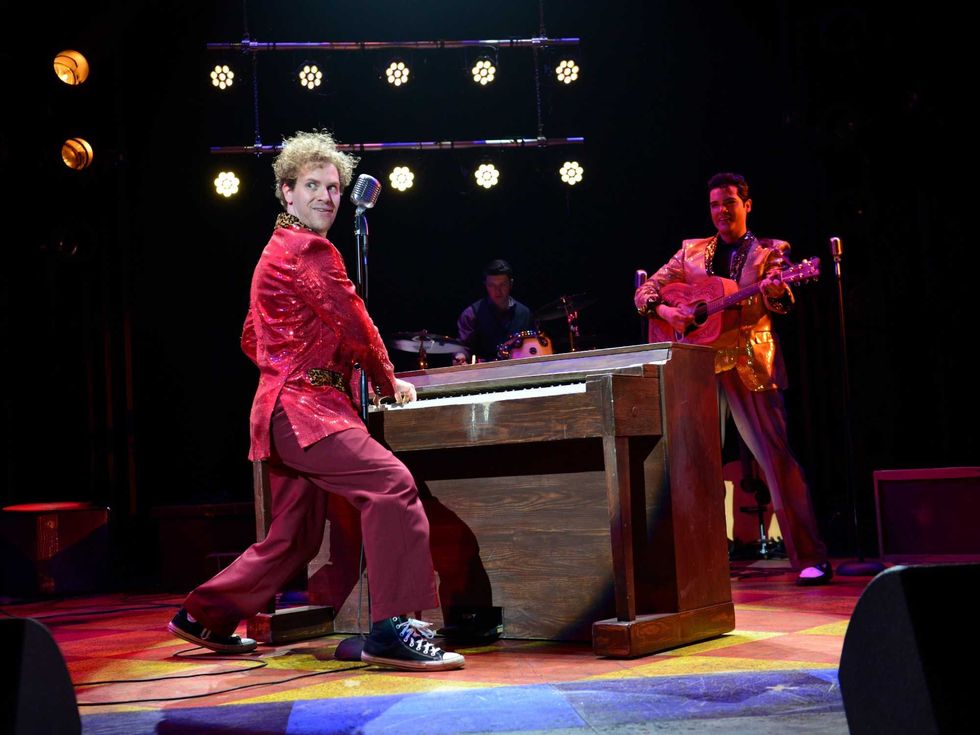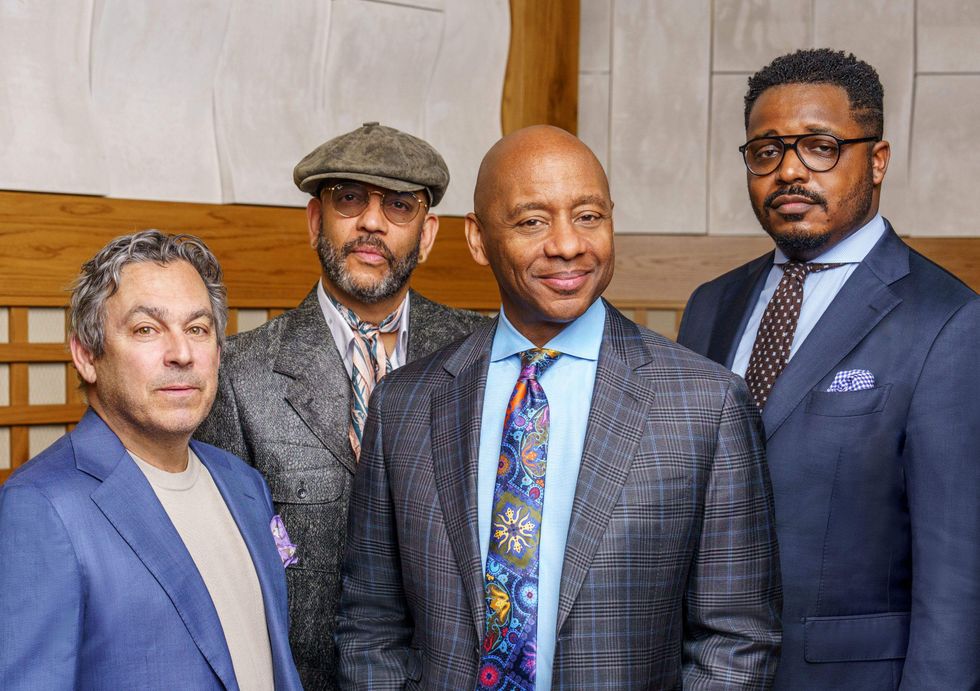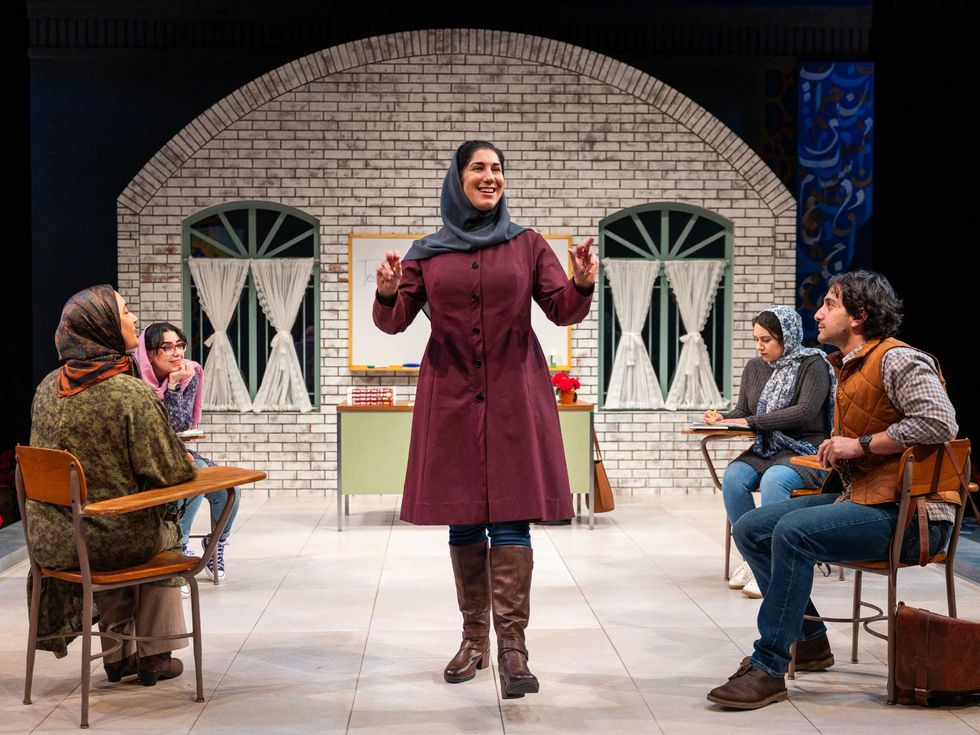Rare Birds
With Another Country, Cassandra Wilson continues to expand the boundaries ofjazz
 Cassandra WilsonPhoto by Marco Glaviano
Cassandra WilsonPhoto by Marco Glaviano Cassandra WilsonCourtesy Photo
Cassandra WilsonCourtesy Photo
"Is that a trick question?" says singer Cassandra Wilson when I ask her if her latest album Another Country is a "jazz" album.
Recorded in Florence, Italy, with co-producer and guitarist Fabrizio Sotti, the music on Another Country is a rich, seductive amalgam of Mediterranean, Brazilian, and West African musical styles, realized by an ensemble that includes Julien Labro on accordion, Nicola Sorato on acoustic bass, and Lekan Babaola and Mino Cinelu on percussion.
"Jazz for me is not just a genre, it's an approach. And it's a discipline. Is there improvisation (on the new record)? Yes. Are there unusual forms? Yes."
It features seven originals, six co-written by Wilson with Sotti, two gorgeous solo guitar pieces by Sotti, and Wilson's fresh and totally convincing rendition of the Neapolitan classic, "O Sole Mio."
Despite its title, the album sounds as if Wilson, who over the course of her career has greatly expanded the very definition of a "jazz" singer by singing Delta blues, '60s-era British pop ("Last Train to Clarksville"), and classic country, has found a home in a musical genre she herself has created.
Can one describe the music on Another Country as "jazz?"
"I think a better question is, instead of speaking of genres, what's the process?," Wilson explains. "Because jazz for me is not just a genre, it's an approach. And it's a discipline. Is there improvisation (on the new record)? Yes. Are there unusual forms? Yes."
"Does it swing?" Wilson laughs.
I tell her to my ears, it definitely grooves.
"Yeah. I've answered 'yes' to all of those questions," Wilson says. "Whether or not you want to stick it inside of the jazz genre proper is up to you."
Creating a language
The first track on Another Country, "Red Guitar," sets up its groove beginning with a solitary rhythm played on a single acoustic guitar string. Then, over what sounds like a field recording of foot traffic in an Italian piazza, come some tasty electric guitar fills and a few high-sustained tones from an accordion. Then Wilson's distinctive mezzo voice arrives along with conga and shaker to lock it down:
"Wash my face with blue water,
Lay my head on white linens,
Morning comes, drink black coffee,
Then I play my song on red guitar."
It sounds like a statement of purpose, signifying a new chapter in Wilson's musical life.
"Yes, it's very exciting," says Wilson. "The way (Sotti) and I would work, he would come up with these sketches, these ideas, and we would sit together, and suggest the form, possible form…and then I started to write the melodies."
Along with that collaborative process, Wilson was also enjoying being back in the world of lyric writing.
"It's very challenging! But it is a great time to be a musician and to be a woman who's a musician."
Says Wilson, "Writing lyrics gave me an opportunity to start to once again express my feelings, and my thoughts, and the patterns of those thoughts, in my own language."
Wilson's repertoire stretches back through the so-called American songbook (i.e. "standards"), as well as several mid-'80s early '90s recordings with members of the New York-based, forward thinking musicians collective M-Base (short for "Macro-Basic Array of Structured Extemporization") whose mission was to build on the foundation of classic jazz "a new way to communicate the evolution of the music."
"I've always loved standards," says Wilson. "And I especially love to hear the great singers perform standards. But I was always thinking a new form of expression, a new way to bring jazz alive inside of a new context."
It was fellow M-Base member saxophonist Steve Coleman who initially encouraged Wilson to explore the world of music beyond bebop and standard tunes.
"When (Steve) met me, I was such a Bird (Charlie Parker) enthusiast," says Wilson. "And he was really impressed with that. But he said, 'You're not going to be able to make a name for yourself. Betty Carter's already done that. What's your contribution going to be? What is your sound going to be? You have to begin to write your own music, to write about your own experiences.'"
Not surprisingly, Wilson is quick to point out how crucial it was for her to have a strong foundation in classic jazz in order to become the artist she is today.
"It's a part of the discipline of a jazz musician to…go back as far as you can," says Wilson. "Listen to people like Lester Young, you know? Listen to the early recordings of Coleman Hawkins. Listen to Billie Holiday. And try to understand these stages of the music, and get a firm foundation in that. Then that helps you to create your own language."
Now's the time
If Another Country is a new chapter in her own musical journey, does Wilson see a similar page turning in the history of music industry? Are there, for instance, more women working in the business? More women engineers, managers, and publicists as well as musicians?
"Oh, yeah! I think that is happening," confirms Wilson. "It's almost as if we've reached an impasse through the old paradigm."
"And so there's something women bring to the table when they enter," she continues. "They are able to adjust, correct, and inspire, you know? That's just part of being a woman, that natural connection to earth and nature. It's a great thing."
Is it a cause for optimism when it comes to music and how one can survive as a professional musician?
"Absolutely," says Wilson. "I think now's a great time to be a musician. It's very challenging! But it is a great time to be a musician and to be a woman who's a musician."
Da Camera of Houston presents Cassandra Wilson, at 8 p.m. Saturday in Cullen Theater, Wortham Theater Center. Purchase tickets by phone at 713-524-5050 or at Da Camera of Houston's office at 1427 Branard, 9 a.m.-5 p.m., Monday-Friday.
